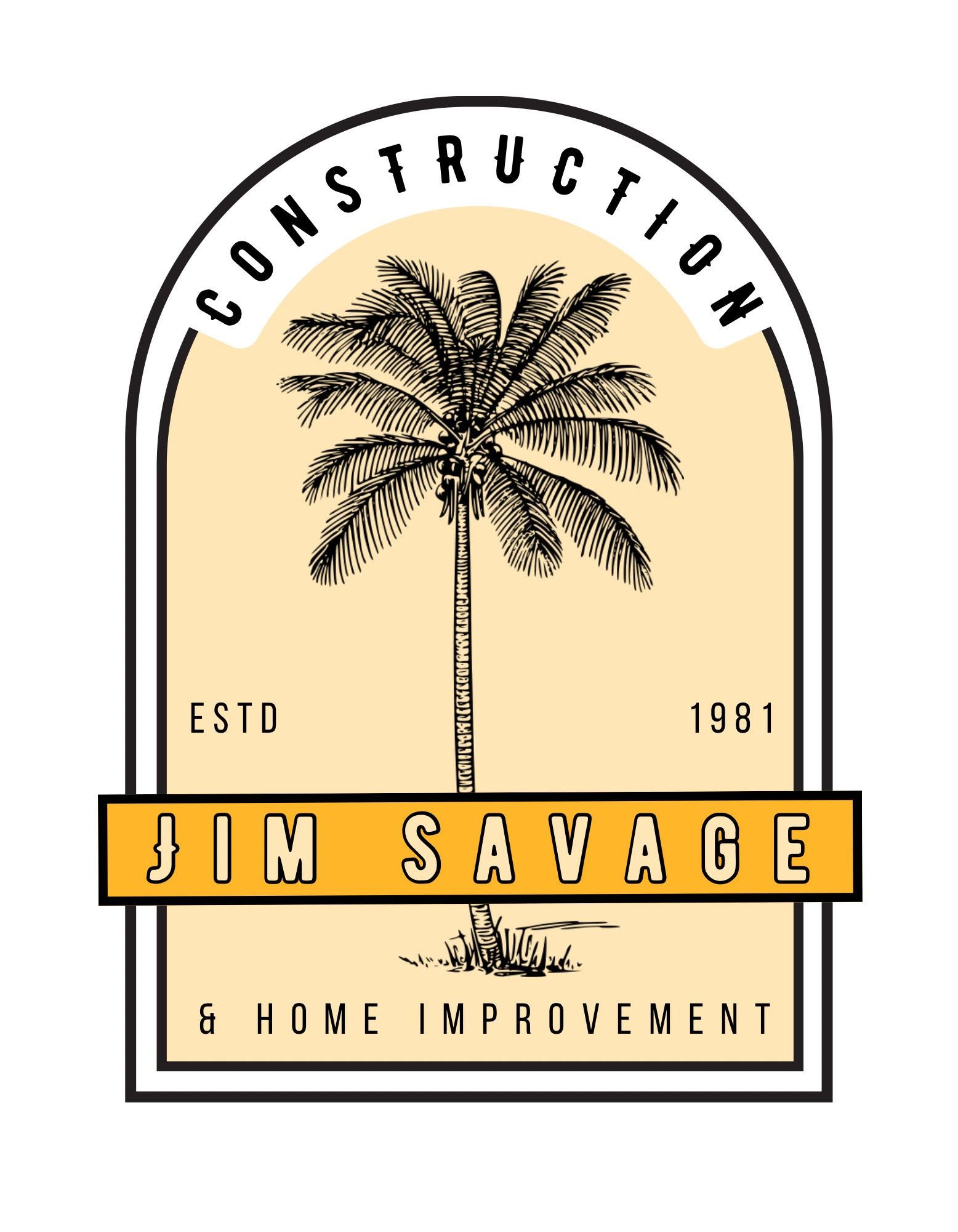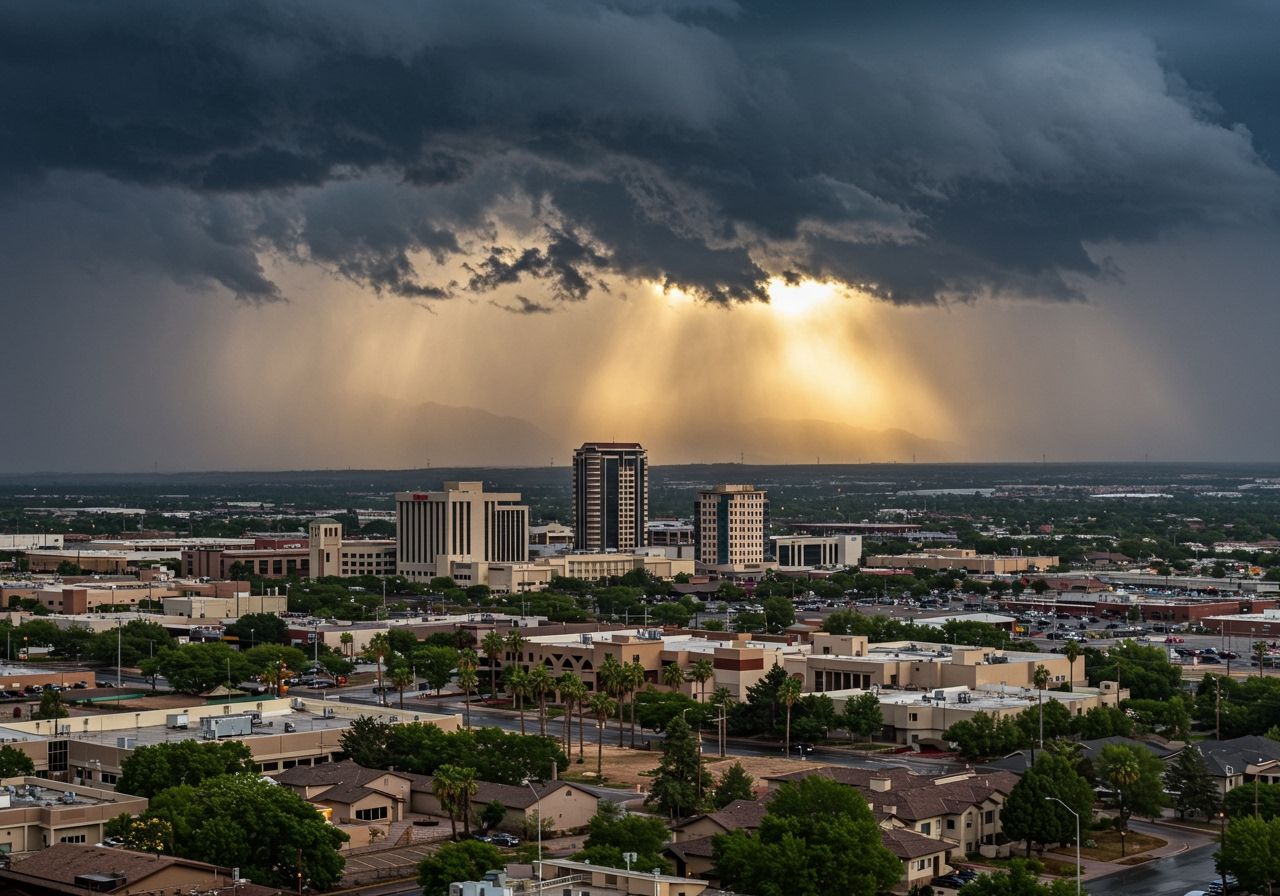The First Rule of Construction: Why a Licensed Utah Contractor is Your Only Choice
In the bustling real estate markets of St. George and Hurricane, a thriving construction industry means you have many choices when it comes to hiring a general contractor. But with so many options, how do you separate the professionals from the amateurs? The single most critical step you can take to protect your home and your investment is to ensure your contractor is properly licensed by the state of Utah.
At Jim Savage Construction, we've operated as a licensed contractor for over 40 years, and we believe it's the first and most important sign of a professional's commitment to quality, safety, and legality. The license isn't just a piece of paper; it’s a rigorous legal and professional requirement that provides a critical layer of security for homeowners throughout Washington County.
What a Utah Contractor License Really Means
In Utah, the authority to license contractors falls to the Utah Division of Occupational and Professional Licensing (DOPL). When a contractor holds a license—specifically a B100 General Contractor License or an R100 Residential and Small Commercial Contractor License—it means they have met strict state-mandated qualifications.
Experience and Knowledge: To obtain a B100 license, a contractor must document a minimum of two years (4,000 hours) of paid work experience in the construction industry, with at least one of those years in a supervisory or managerial position. This isn't just about swinging a hammer; it's about a deep, hands-on understanding of the entire construction process.
Passing the Test: In addition to experience, a licensed contractor must pass the mandatory Utah Business & Law Exam. This open-book test is a comprehensive exam on critical topics, including business management, labor laws, and lien laws. This ensures your contractor isn't just skilled in their trade, but is also competent in the legal and financial aspects of running a business.
Pre-Licensure Education: Utah law requires all general contractors to complete a 30-hour pre-licensure course. These courses cover everything from construction law to basic business practices, providing a foundational understanding of the industry's complex regulations.
Beyond the License: The Non-Negotiable Protection of Insurance
Even with a license, a reputable contractor must carry the right insurance to protect you, the homeowner, from financial risk. Any professional you hire should have two critical policies:
General Liability Insurance: This is your primary protection against property damage. If a contractor or their crew accidentally damages your home during the project—whether it's a cracked window, a damaged floor, or a major structural issue—their general liability insurance covers the cost of repairs. A contractor with this insurance shows they are prepared to take responsibility for their work. The state of Utah requires a minimum of $100,000 in coverage per incident.
Workers' Compensation Insurance: If a worker is injured on your property, a valid workers' compensation policy is the only thing that protects you from being held financially responsible for their medical bills and lost wages. This is a vital safeguard that shields you from the immense legal and financial burden of an on-site accident.
Final Takeaway for Your Utah Project
The single best way to ensure your project is a success is to hire a licensed and insured contractor. As a homeowner, you can easily verify a contractor's credentials on the official Utah DOPL website. Don't take a contractor's word for it; this simple verification process is a small step that provides massive peace of mind. At Jim Savage Construction, we believe in full transparency and are happy to provide you with all our licensing and insurance information. We've built our reputation on a foundation of integrity and professionalism, and we wouldn't have it any other way.


